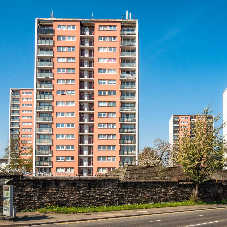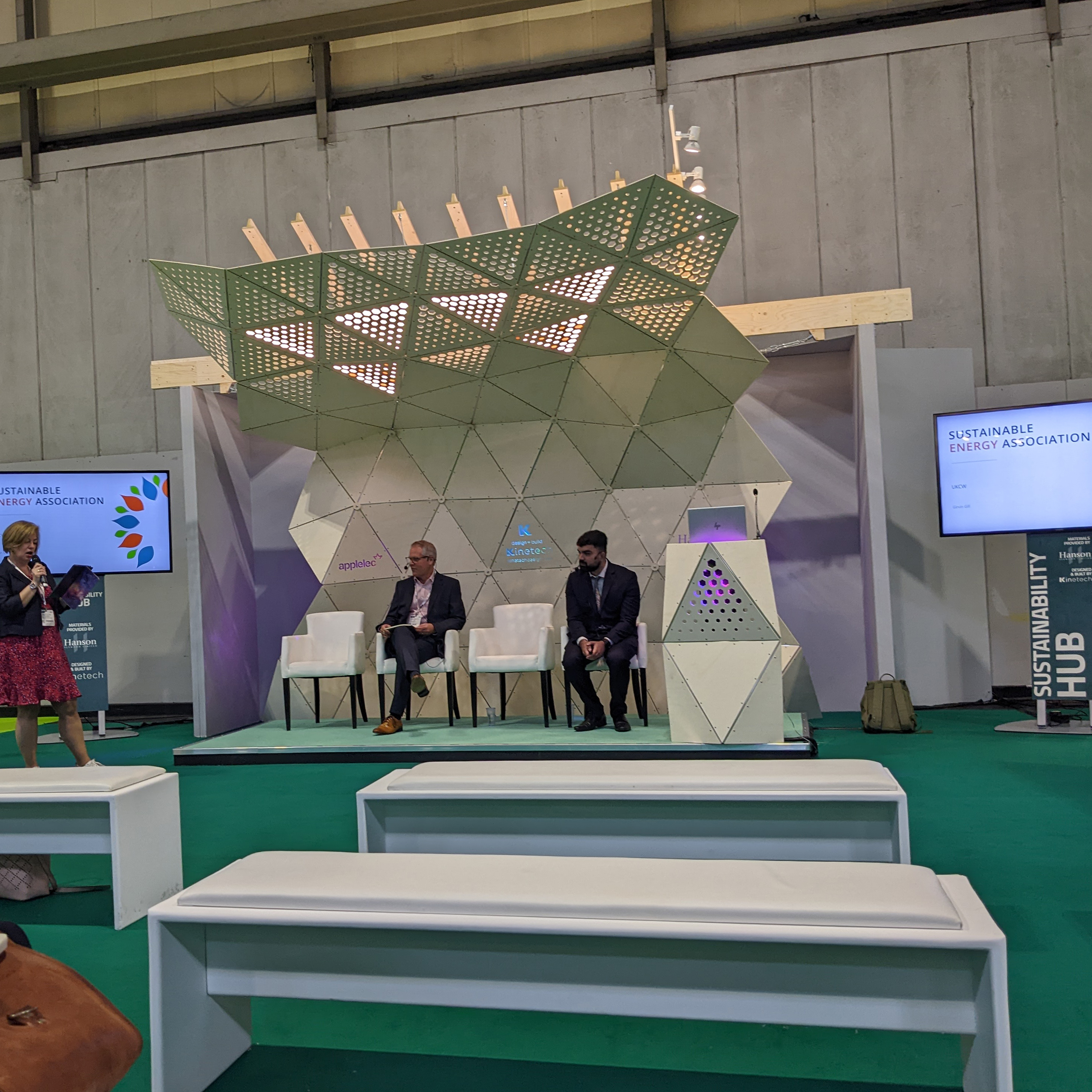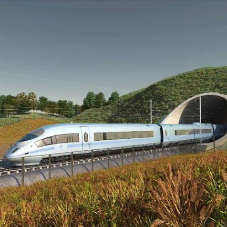Construction today is strongly led by environmental regulations, and a large part of this is using sustainable, energy efficient windows. So, what factors should be considered when choosing windows for a sustainable building?
Timber windows – environmentally sustainable
One of the most important factors in helping the environment is relying more on renewable sources. Plastic windows use non-renewable materials such as petroleum, consume a great deal of energy during manufacture, and also emit a lot of greenhouse gases.
When you are done with your PVC windows, the environment still has to put up with them for many years. In fact, the processes that make them so durable while they’re still in your house also mean they biodegrade very slowly. Consider, too, that when they are in the ground, harmful chemicals released from the plastic can spread into groundwater.
Timber windows are a good way to avoid these issues, as timber can be sourced from forestry schemes that ensure trees are planted as quickly as they are harvested. Producing timber windows consumes far less energy than manufacturing plastic windows. On top of this, timber is a natural, non-harmful product, and will biodegrade quickly after disposal.
Timber windows – socially sustainable
Many timber windows are sourced through sustainable schemes. For manufacturers to be certified through the Forest Stewardship Council (FSC) or Programme for the Endorsement of Forest Certification (PEFC), they must use timber sourced from a forest that meets a number of environmental criteria.
These criteria not only concern environmental sustainability by maintaining the biodiversity of the forest when harvesting timber, but they also ensure social and economic sustainability. They help local communities benefit in the long term from the work going on in forests, respecting the rights of people indigenous to the country, and the laws in that country.
Saving energy
A brilliant way to create a sustainable lifestyle is to ensure your home is energy efficient. Homes with poor thermal performance often use a great deal of energy for heating.
One way to keep in the heat is to install double glazed windows. The air, or other gas, between two panes of glass reduces heat transfer, keeping your heated air inside the building. The most sustainable windows are A rated ones, which will be the most energy efficient in terms of resisting heat transfer and keeping out cold air.
Solar control glass means that you can maximise heat gain from the sun in the winter, and minimise the need for air conditioning in the summer. These types of glazing can reflect and filter excessive ultra violet light in hot weather, while an interior coating is able to stop too much infrared from passing through the glass from inside the building. The EU has set a 2020 target to prevent between 15 and 85 million tonnes of CO2 emissions each year by using solar control glass.
After considering the attributes that make up the most sustainable windows, perhaps the best choice is sturdy timber windows that employ double glazing and solar control technology.
Written by George Barnsdale, an FSC and PEFC certified manufacturer of A rated double glazed timber windows.
Related Blog Articles










